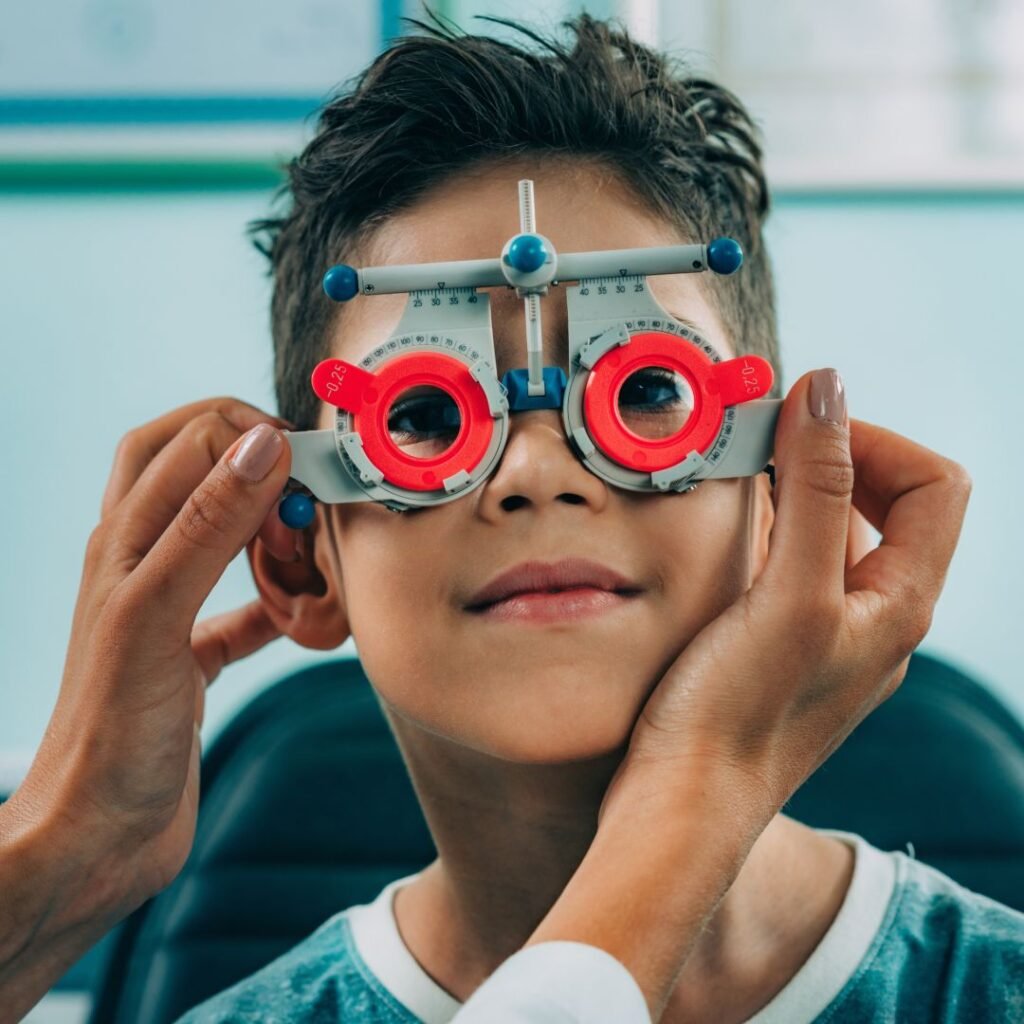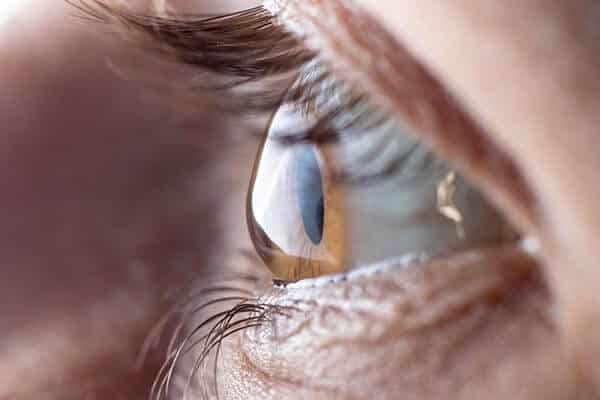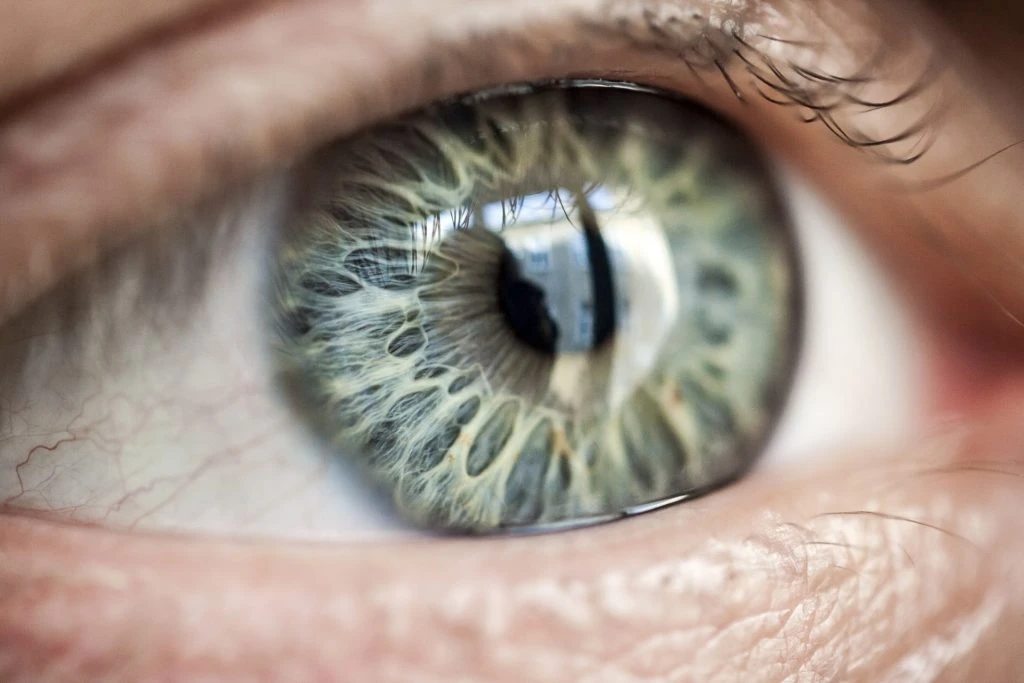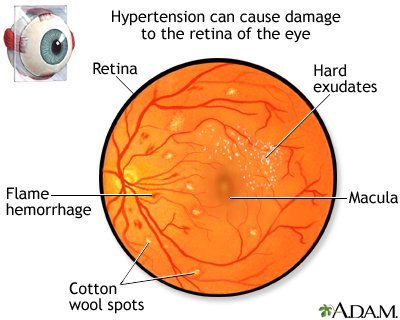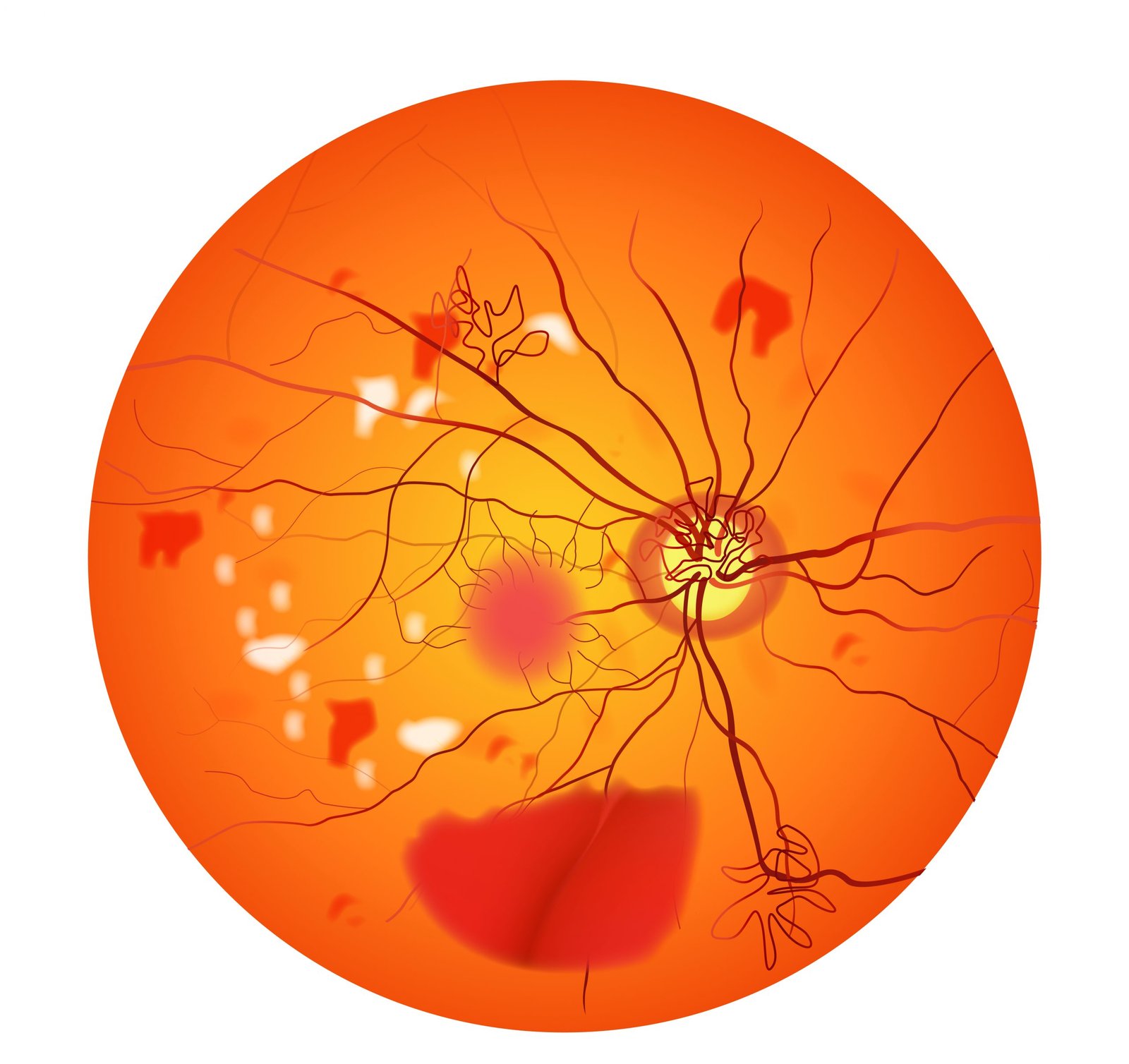Diabetic Retinopathy Treatment: Expert Guidance by Dr. Neha Tiwari
Diabetic retinopathy is one of the most common and potentially visionthreatening complications of diabetes, affecting the blood vessels in the retina. With the rise in diabetes cases worldwide, understanding and managing diabetic retinopathy has become crucial for maintaining eye health. Dr. Neha Tiwari, an expert in ophthalmology, offers valuable insight into the treatment of this condition. In this blog, we explore the causes, symptoms, stages, and treatment options available for diabetic retinopathy under the guidance of Dr. Tiwari.
What is Diabetic Retinopathy?
Diabetic retinopathy is a diabetes complication that affects the eyes, specifically the lightsensitive tissue at the back of the eye, known as the retina. High blood sugar levels can damage the small blood vessels in the retina, leading to vision problems, and if left untreated, may result in blindness.
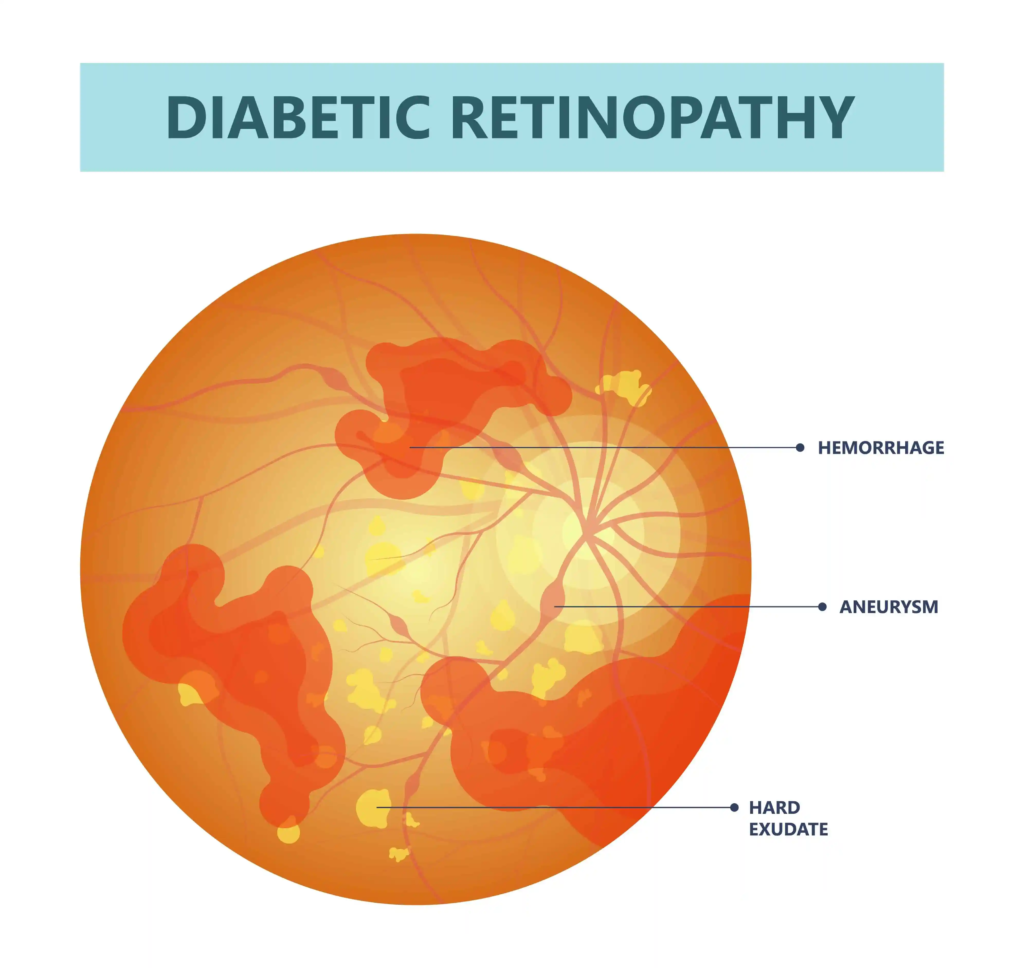
Causes of Diabetic Retinopathy
The primary cause of diabetic retinopathy is prolonged periods of high blood sugar (hyperglycemia), which can weaken and damage the blood vessels in the retina. Other contributing factors include:
Poorly controlled diabetes
High blood pressure (hypertension)
High cholesterol levels
Smoking
Pregnancy (for women with preexisting diabetes)
Symptoms of Diabetic Retinopathy
Early diabetic retinopathy may not present any symptoms. As the condition progresses, symptoms may include:
Blurred vision
Floaters (spots or dark strings floating in your vision)
Dark or empty areas in your vision
Difficulty seeing at night
Sudden vision loss in severe cases
It is essential to undergo regular eye examinations, especially if you have diabetes, to detect any signs of retinopathy at an early stage.
Stages of Diabetic Retinopathy
Mild NonProliferative Retinopathy: The earliest stage, where small areas of swelling (microaneurysms) occur in the retinal blood vessels. This stage is often asymptomatic.
Moderate NonProliferative Retinopathy: Blood vessels in the retina become blocked, restricting blood flow. The retina may begin to swell, leading to visual impairment.
Severe NonProliferative Retinopathy: A larger portion of the retinal blood vessels is blocked, leading to a lack of oxygen in the retina. This stimulates the growth of new blood vessels.
Proliferative Diabetic Retinopathy: The most advanced stage, where new, abnormal blood vessels grow in the retina. These fragile vessels can leak blood into the eye, causing severe vision loss or blindness. Treatment Options for Diabetic Retinopathy
Dr. Neha Tiwari emphasizes the importance of early detection and timely treatment for diabetic retinopathy. Treatment options vary depending on the stage and severity of the condition:
Laser Treatment (Photocoagulation):
Focal or Grid Laser: Used to treat specific areas of the retina, this procedure seals leaking blood vessels to prevent further swelling.
Panretinal Photocoagulation (PRP): This treatment is used in more advanced cases and targets the peripheral retina to reduce the growth of abnormal blood vessels.
Intravitreal Injections:
AntiVEGF (Vascular Endothelial Growth Factor) injections such as Ranibizumab or Aflibercept are used to reduce the growth of abnormal blood vessels and prevent leakage.
Corticosteroid injections may also be used to reduce inflammation and swelling in the retina.
Vitrectomy:
A surgical procedure performed in advanced cases of diabetic retinopathy, especially when there is significant bleeding in the eye or retinal detachment. The procedure involves removing the vitreous gel that is clouded with blood and replacing it with a clear solution. Managing Diabetic Retinopathy with Dr. Neha Tiwari
Dr. Tiwari stresses that managing diabetes effectively is the best way to prevent or slow the progression of diabetic retinopathy. Some key strategies include:
Regular Eye Exams: Annual comprehensive eye exams are crucial for early detection of any changes in the retina.
Blood Sugar Control: Maintaining a stable blood sugar level through medication, insulin, and diet is essential in preventing damage to the retinal blood vessels.
Blood Pressure and Cholesterol Management: Keeping blood pressure and cholesterol in check reduces the risk of complications.
Healthy Lifestyle Choices: A balanced diet, regular exercise, and avoiding smoking can help preserve eye health.
Conclusion
Diabetic retinopathy is a serious condition that can lead to vision loss if not detected and treated early. Dr. Neha Tiwari recommends proactive management through regular screenings and a combination of treatments to protect your vision. With the right care and attention, individuals with diabetes can maintain good eye health and reduce the risk of severe complications.
For more personalized advice and treatment options, you can consult Dr. Neha Tiwari, who specializes in managing diabetic eye conditions, ensuring the best possible outcomes for her patients.


